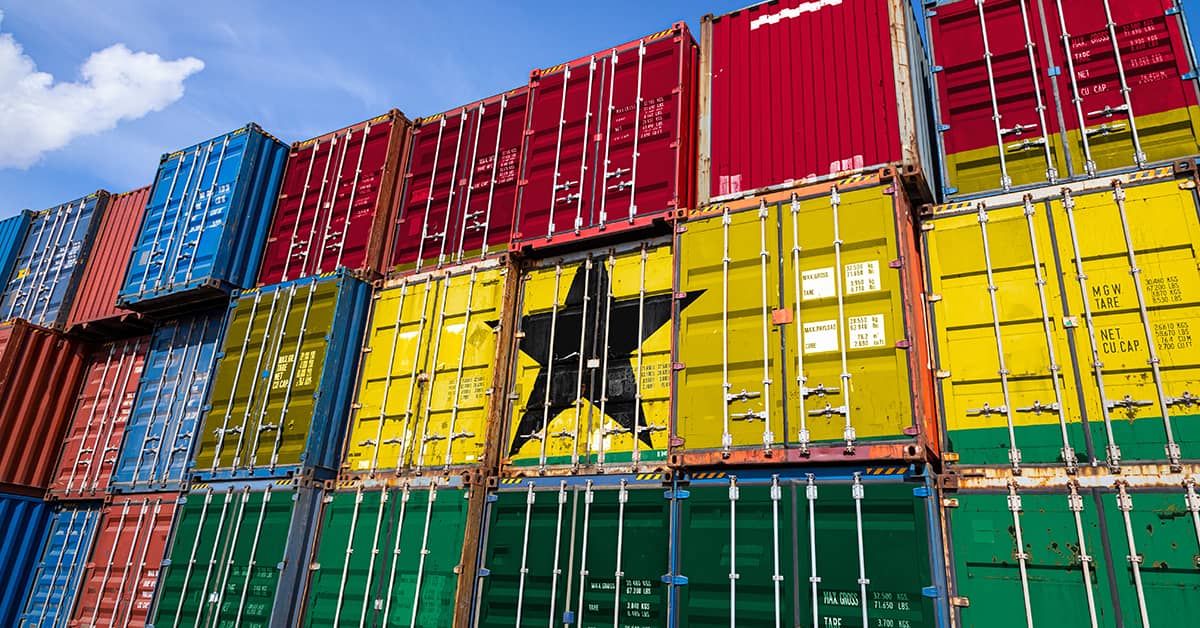The new system will ideally be a game-changer in the continent’s payment space.

Simplifying cross-border transactions within Africa has taken a significant step with the mid-January launch of the Pan-African Payments and Settlement System (PAPSS), potentially unlocking the anticipated benefits of the African Continental Free Trade Area (AfCFTA).
The platform eliminates the need for buyers and suppliers in different African countries to make a foreign exchange transaction from their local currency into a common currency to complete the purchase. For example, Nigerian customers can now purchase goods in Ghana and pay their invoices in naira while the suppliers receive their payments in cedis.
Under the system, the African Export-Import Bank, which developed the platform, provides settlement guarantees and overdraft facilities to all participating settlement agents.
PAPSS, which received the endorsement from the African Union and the AfCFTA secretariat, is expected to save the continent more than $5 billion annually in payment transaction costs.
The new system will ideally be a game-changer in the continent’s payment space, according to Davidson Oturu, a partner at Nigerian law firm Aelex. “Parties will no longer have to bother using foreign currencies or converting the currency to a local one to carry out transactions,” which he sees reducing the demand for hard foreign currencies and easing pressures on central banks.
However, the platform’s success is not guaranteed, and widespread adoption by all the continent’s central banks is not assured. So far, only 12 of the 54 countries in Africa, mainly West African nations, have jumped on board. With national and regional economic rivalry rife on the continent, bringing every economy on to the system could prove challenging.
“The question of who benefits more could make some countries uncomfortable,” explains Emmanuel Manyasa, executive director at Kenyan not-for-profit Usawa Agenda.
Weaknesses in some countries’ national payment systems could also create friction. Some trading blocs have even created regional payment systems that have not been widely embraced, Manyasa adds.
Ultimately, ensuring that more than 80% of African cross-border payment transactions routed offshore are carried out through PAPSS instead is a tall order.



